If you thought that Barry Jenkins – the Oscar-winning writer/director behind such soulful adult dramas such as Moonlight, If Beale Street Could Talk, and Amazon Prime Video’s The Underground Railroad – was an unusual choice to helm a prequel to 2019’s photorealistic remake of The Lion King, you’re not the only one.
Jenkins himself felt the same. “I definitely thought that when it first came my way,” he tells GamesRadar+ and Total Film. “I got a call from my agent saying, ‘Disney has sent over this project – a prequel for The Lion King.’ And I said, ‘Yeah, that’s not going to happen.’ But without even reading the thing!”
You can check out our exclusive image from Mufasa: The Lion King above.
This was back in 2020, when Covid restrictions still loomed large. Jenkins was just about to take a break with partner and fellow filmmaker Lulu Wang when the call came in. After the trip, Jenkins was ready to call his agents to decline, before Wang encouraged him to actually read it first.
“I expected to read five pages, and about 45 pages in, I turned to her, and said, ‘Hell, this shit is good,'” he recalls with a mile-wide grin. “And the next day, I finished it. As someone who was very familiar with The Lion King, I was shocked at how many things I assumed I knew, or how many things I thought were etched in stone about who these characters were, and what the themes of The Lion King were, to be honest. I was just shocked at how [screenwriter Jeff Nathanson] had dislodged so many of these notions, and how much of what I feel like is prominent in my work, I felt like was prominent in this…”
As someone who was very familiar with The Lion King, I was shocked at how many things I assumed I knew, or how many things I thought were etched in stone about who these characters were, and what the themes of The Lion King were
Barry Jenkins
The common themes that Jenkins highlights are “the bonds between brothers, and this idea of found family, yearning, community, and legacy in a certain way. And just really deep things said and unsaid between the characters in interpersonal relationships.”
If Jenkins’ appointment initially seemed unlikely, so did the concept of a prequel focusing on the leonine patriarch who suffered one of the most harrowing deaths in the Disney animated canon (trampled by stampeding wildebeest, as if you didn’t already have that emblazoned on your mind).
Mufasa was voiced by the late, great James Earl Jones in both versions: the 1994 animation, and the 2019 redo sometimes controversially referred to as live action. The latter, directed by Jon Favreau, was a technical marvel with envelope-pushing VFX that faithfully recreated the shots, plot beats, and songs from the original. It grossed more than $1.6bn at the global box-office, peaking as the seventh highest grosser of all time (it’s still in the top 10). There’s clearly an audience there, but where does the story go?
Full circle (of life)
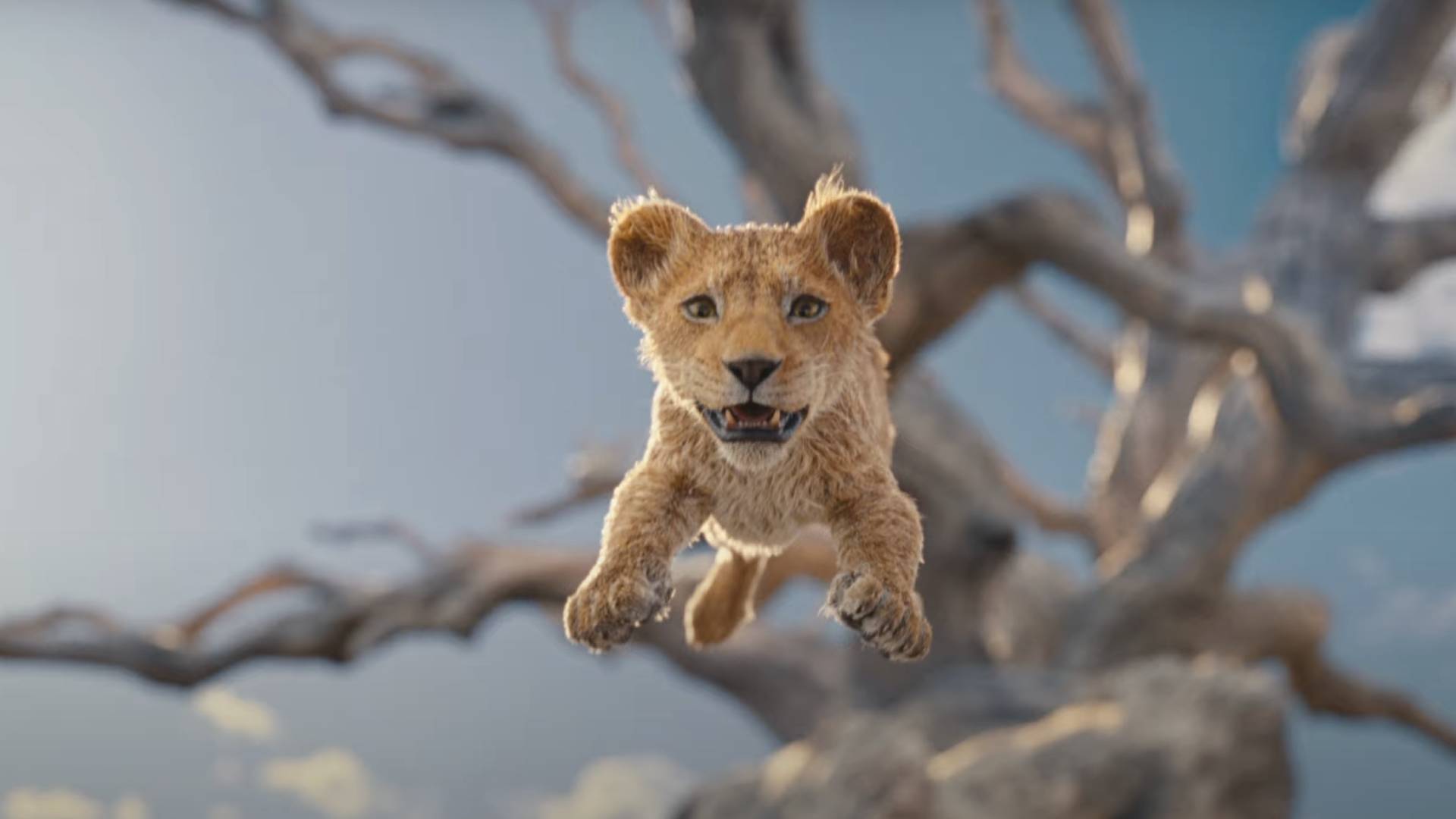
Kelvin Harrison Jr. (Chevalier, Waves) says that he was “kind of shocked” when he first heard that Jenkins was directing this spin-off. “First of all, I couldn’t believe they were making another Lion King. I was very confused about that. And then I recognized that it was a prequel. And I was like, ‘What is that going to be?’ I was excited about that.
“And then the Barry of it all – to me, it just made me excited. I was like, ‘What a beautifully done film originally, and well executed a second time. But to get a filmmaker like him? It brings it full circle and almost right back to its home, you know?'”
Harrison plays lion Taka, who will later become known as Scar. Aaron Pierre, who recently broke out in a huge way as the star of Netflix thriller Rebel Ridge, steps into the considerable paws of Mufasa (Harrison and Pierre also recently starred together in the TV series Genius: MLK/X).
Pierre calls The Lion King his “favorite Disney”, and harbors strong nostalgic feelings of wearing out his VHS copy back in the day. “I’ve heard a lot of people say when discussing The Lion King that Mufasa, to them, feels like everyone’s dad. That was true to me as well.”
Though Jenkins says there was never a plan for Jones to appear in the film given its place in the timeline (these interviews took place the day after Jones’ death has been announced), his presence will always loom large over any Mufasa story.
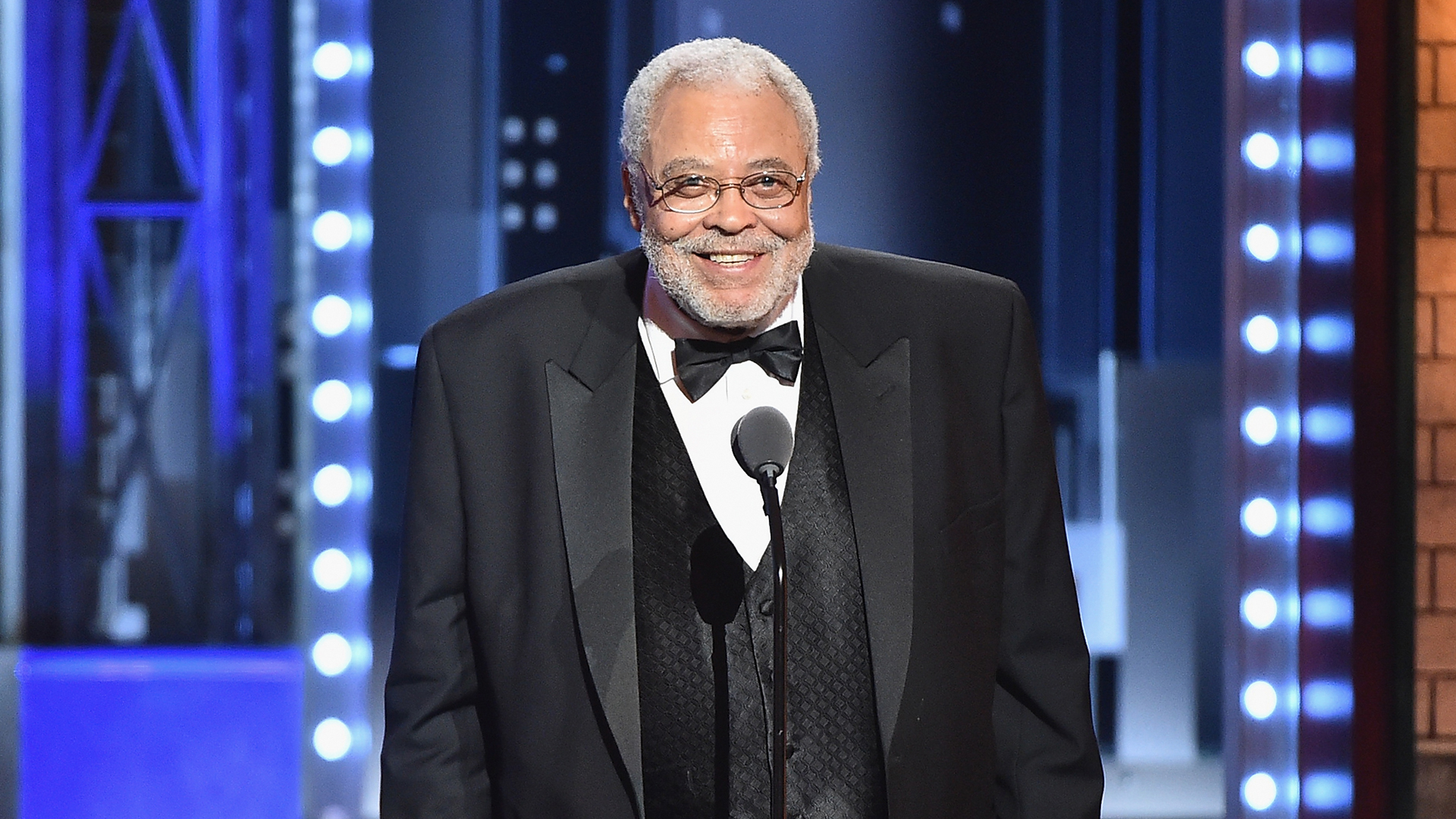
“James Earl Jones is a hero of mine, and a hero of many,” says Pierre. “He was one of my greatest inspirations, from his stage work to his extensive filmography, to his voice work. He’s timeless. We celebrate him. We champion him. And he’ll be greatly missed.
“In regards to this, his portrayal of Mufasa was my guiding light, actually. It gave me clarity. It gave me direction. It gave me insight. I think my greatest challenge was to discover the adolescent version of this Lion King who has an abundance of wisdom and understanding and perspective. What was the trajectory of that lion? How did that lion arrive at that place? That was my greatest challenge. And I’m very grateful to Barry for guiding me on that journey.”
His portrayal of Mufasa was my guiding light, actually. It gave me clarity. It gave me direction. It gave me insight.
Aaron Pierre
Jenkins previously worked with Pierre on The Underground Railroad, and invited him to audition, where he read for both Mufasa and Taka, before eventually winning the title role.
“I told Aaron when we cast him that he had to dislodge the performance of Mr. James Earl Jones from his memory, partly because that character is great,” explains Jenkins. “That character is a grown-ass man. That character is a king. That character is a leader. This character has to become all those things. So they don’t have the same voice. I told him I didn’t want him to approximate that voice, and I didn’t want him to project what that voice would have been like. The character was his.”
Although, Jenkins does hint that there’s a point in the film when you may wonder whose voice you’re hearing. “It’s Aaron, for sure, but I felt there was a point in the journey where maybe – maybe – he had earned the right, you know, to sort of walk a step in those shoes.”
Jones was the only voice actor from the OG Lion King to reprise a role in the remake, so Scar has previously been voiced by Jeremy Irons and Chiwetel Ejiofor. So, is Harrison thinking about his character ending up with Ejiofor’s voice, or is he running with his own thing?
“I think it’s a little bit of both,” he says. “I guess because my initial fascination with the movie was with Jeremy Irons, I was like, ‘That’s the one. That was my Scar.’ And then in 2019, I watched that movie when it came out. But I guess because it was so different and I was older… I still had a loyalty to the other Scar,” he laughs. “During the process, though, there was a lot of ‘trial and error’ when it came to actually honing in on the character.”
Through faith and love

Another new cast member who has a strong connection to the 1994 original is Tiffany Boone (Prime Video’s Hunters, Showtime’s The Chi), who voices Sarabi, the lion who will eventually be Simba’s mother. “I watched it over and over again, as most kids did at the time,” she tells us. “And I had a special connection with Simba. My father died when I was really young, so I felt this intense connection with the character.”
For Boone, the chance to work with Jenkins was the biggest draw, and a balm for any hesitation. “I knew that any reservations people might have about doing a prequel to such a beloved film – like, is it safe? Are we going to mess up the legacy? In Barry’s hands, you know you’re going to be OK. I felt excited to be a part of it, because I knew he was going to make something really soulful and beautiful.”
This was one aspect of the role Boone had taken for granted, though. “Nobody mentioned singing until months into the audition process, and they were like, ‘OK, she’s really close. We just need her to sing a song'” she laughs. “And I’ve had a real phobia of singing in front of people ever since I was in middle school… So I almost quit. I almost said, ‘You know what? The Lion King is not for me.'”
But a vocal coach and months of training got her through. “And, you know, the music is so important in Disney films. It’s a way that they express themselves. I wound up having more fun with that than I thought I would, too. I thought it was going to be torture, and I was going to cry every time. And it wasn’t that bad.”
I felt excited to be a part of it, because I knew he was going to make something really soulful and beautiful.
Tiffany Boone
Pierre was similarly not massively professionally experienced when it came to the singing. “I would be able to hold my own at karaoke,” he says, modestly, of his background. “But I have to celebrate and champion and thank deeply Lebo M. [composer, producer, and singer] and Lin-Manuel Miranda [creator of the songs for Mufasa: The Lion King] and their respective teams for training my voice to the level we got it to. I never imagined that I would be able to engage with the task of a Disney song in my journey. And they got me there.”
Yes, Lin-Manuel Miranda is bringing his Midas touch to Mufasa. The awards-laden multihyphenate has had a hand in some of Disney’s most successful songs in recent years, through his work on Moana, Encanto, and the live-action The Little Mermaid.
“Lin loves The Lion King just as much as anyone else,” says Jenkins. “So when he came onto the project, he brought a really great energy. He was also really, really kind about illustrating where, how, and when music was appropriate in a musical, and the function of it, in a way that was very respectful of the story we were telling outside the songs.”
Finding our place

The 1994 movie was notable for its Shakespearean connection, essentially being a remake of Hamlet transposed to the African plains (the young prince seeks revenge on the uncle who murdered his father to assume the throne). That continues in Mufasa. “These movies begin with purely voices, and Aaron Pierre, who we cast as Mufasa, I first saw at the Globe Theatre in a production of Othello back in 2018 with Mark Rylance,” explains Jenkins.
“I feel like The Lion King and Shakespeare are always going to be connected,” adds Pierre. “I think there’s something innately in the DNA of The Lion King that will always feel Shakespearean,” echoes Harrison. “It’s the relationship between men – young men – and class and power and confusion and turmoil. All of those things are very Shakespearean. Without saying what the actual conflict is, [Mufasa] definitely has those notes.”
No one’s saying a great deal about the plot at this juncture, though it’s clear from the trailers that Mufasa is actually the outsider taken in by Taka’s family. There’s also a villainous white lion voiced by Mads Mikkelsen who looks set to occupy the villain role while Mufasa and Scar, sorry, Taka exist in greyer shades on the protagonist/antagonist spectrum.
I don’t think of it as live action. I do think of it as animation… It’s just a very different tool.
Barry Jenkings
“I mean, look, when you think about the OG – the original Lion King – that movie was made very much for younger audiences,” considers Jenkins. “It’s meant to teach them some very clear lessons. Because of that, there’s a very binary quality. There’’s good, and there’s evil. There’s black, and there’s white… But when you listen to the way Jeremy performs some of those lines, you can really hear the heartbreak and the woundedness. You can see that there’s some kind of history and depth to the hatred. And I thought, ‘Oh, that’s the place that I get to run to when making this prequel.'”
There’s one area in which Jenkins isn’t dealing with that level of ambiguity, though. Despite the controversy as to whether The Lion King (2019) should be classified as an animated film or live action, Jenkins gives a very definitive answer about his feelings on Mufasa.
“Absolutely, yeah, it’s an animated film,” he asserts. “I am communicating constantly with these animators who are trying to manipulate these somewhat photorealistic sort of models in a way that is expressive. And so because of that, I don’t think of it as live action. I do think of it as animation… It’s just a very different tool.”
Mufasa: The Lion King opens in theaters worldwide on December 20. For more coming your way to the big screen soon, check out our guide to the new Disney movies that will be releasing soon.
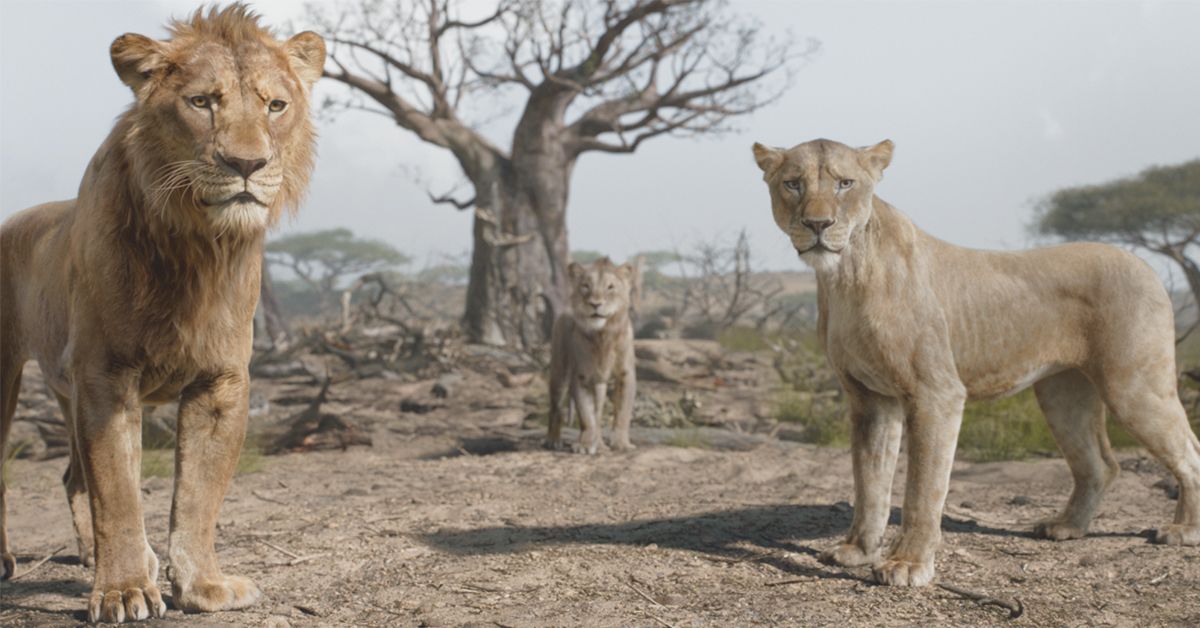


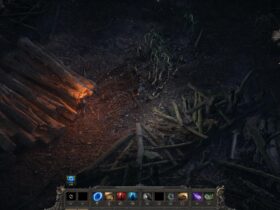
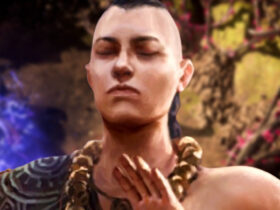

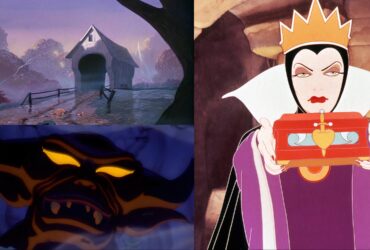



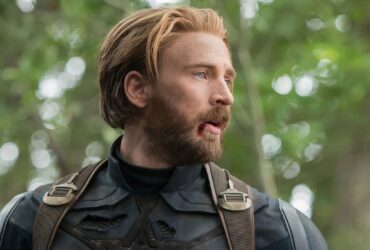
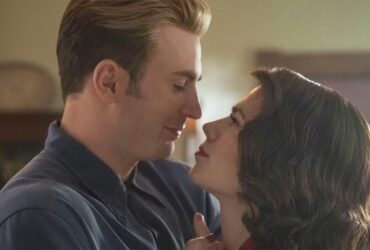
Leave a Reply